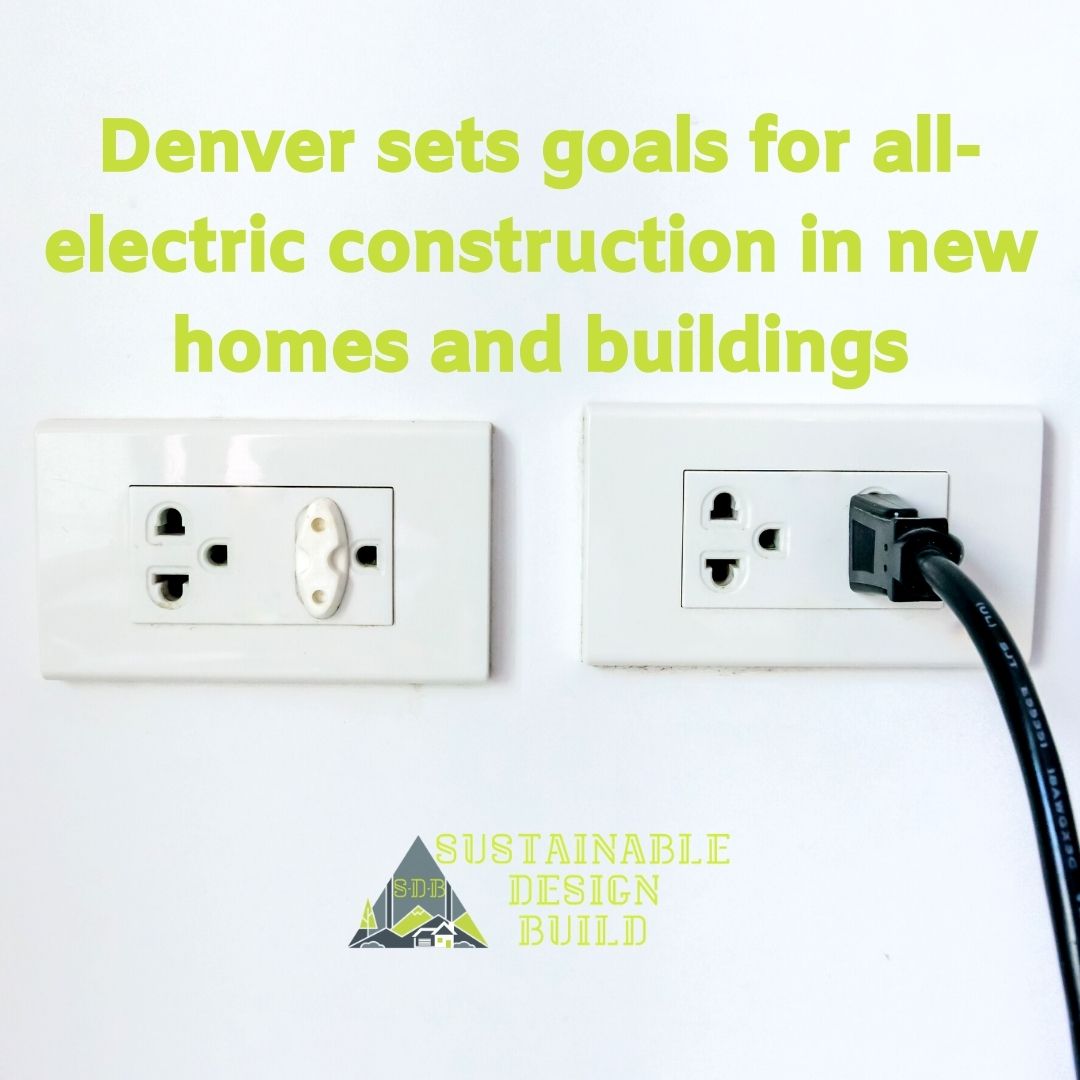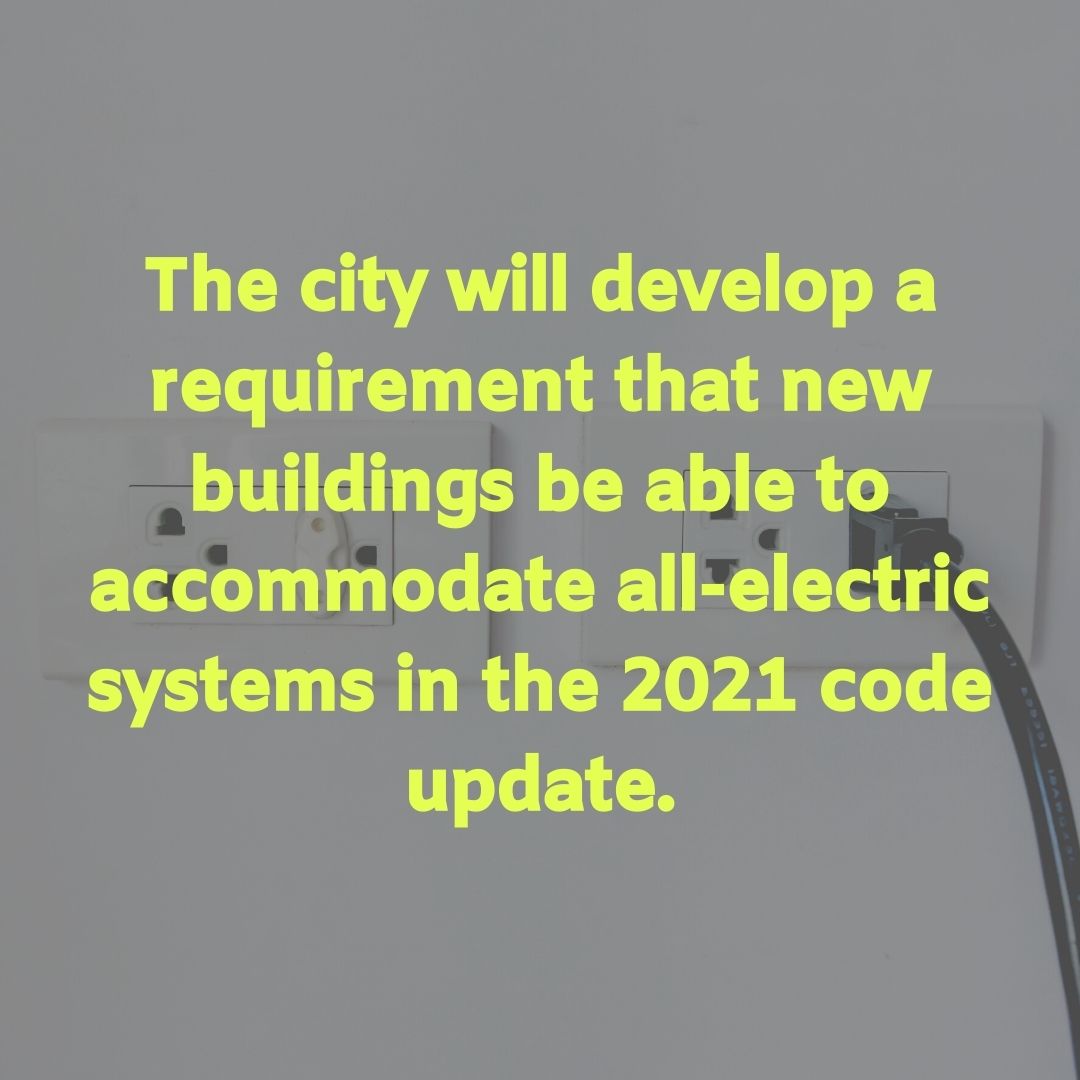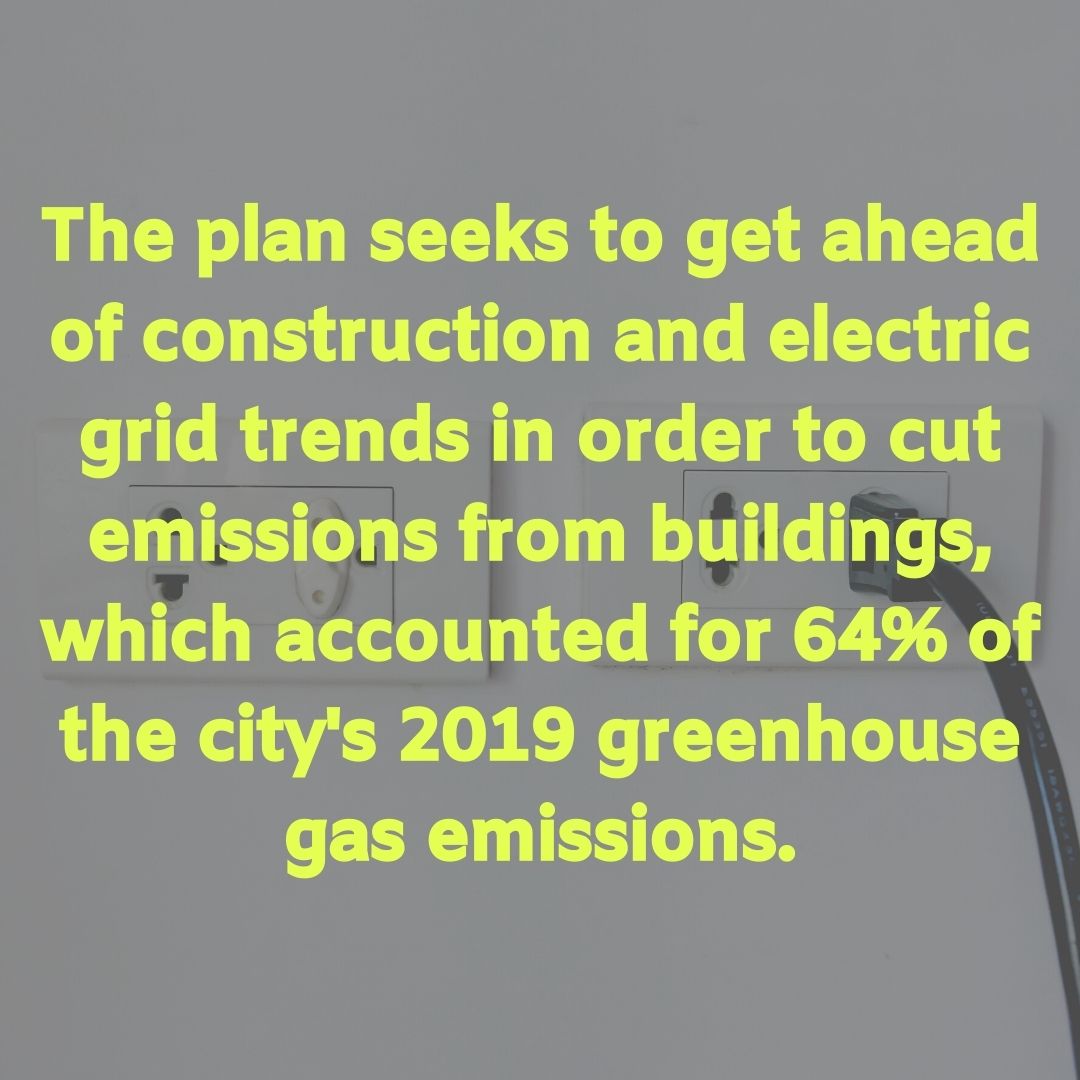
This article originally appears in S&P Global Market Intelligence, Feb. 10th, 2021.
Denver has taken the first steps to set new goals for sustainable construction in future projects, this means the mile-high city will be moving away from natural gas heating.
City and county climate officials announced the policy in a blueprint for achieving net-zero energy status in Denver’s new building stock, released on Jan. 26. In the plan, Denver’s Office of Climate Action, Sustainability, and Resiliency, or CASR, committed to updating the building code in a way that will drive electrification in new homes and commercial real estate over the next decade.
Sustainable building methods for Denver
The plan makes Denver the latest U.S. city to pursue universal all-electric construction. Dozens of California communities have adopted electrification ordinances since 2019, and efforts are underway to restrict new natural gas hookups in Massachusetts, Seattle, and New York City.
Cutting down consumption of greenhouse gases with sustainable energy
The plan seeks to get ahead of construction and electric grid trends in order to cut emissions from buildings, which accounted for 64% of the city’s 2019 greenhouse gas emissions. The city forecasts that 40% of its total building stock in 2050 will have been built over the previous 30 years. Meanwhile, Denver electricity provider Xcel Energy Inc. has committed to cutting emissions from power generation by 80% by 2030 and 100% by 2050.

Sustainability is a challenge that will take time
In the short term, Denver policymakers will have to overcome considerable challenges.
There is effectively no electric building market in Denver, consumer awareness is low and the city would have to shore up code enforcement staff, according to the report. Additionally, most of the savings in all-electric buildings come from avoiding the cost of installing gas infrastructure during construction. Electric appliances and systems are typically more expensive than gas appliances, the report found.
The report also raised performance and operating cost concerns. While electric heat pumps are highly efficient, Colorado’s cold climate reduces the efficiency advantage over gas furnaces. Meanwhile, the state’s gas prices are very low. The risk of all-electric buildings carrying higher operating costs is a particular concern in households, where space and water heating loads are high, stakeholders warned.
New building code will be slowly introduced and adopted in Denver for the plan of sustainable construction
The plan calls for tackling electrification in phases. The city will develop a requirement that new buildings be able to accommodate all-electric systems in the 2021 code update. The schedule also calls for exploring electrification requirements for new townhouses, low-rise apartments, and some commercial building systems.
In the 2024 code, officials expect to tackle all-electric construction of single-family homes and mid-rise apartment complexes, as well as space heating in new hotels, warehouses, and office and retail buildings. Finally, the plan targets all-electric construction in high-rise apartments and commercial water heating systems in the 2027 code.
Connect With Us
Planning your next renovation, or maybe you are looking to do a complete remodel for your home? Whatever the task, it can’t hurt to ask. Reach out to our team through this form.
We can schedule a free consultation and discuss everything you need to get your project moving in the right direction. Did we mention, it’s absolutely free?



Recent Comments